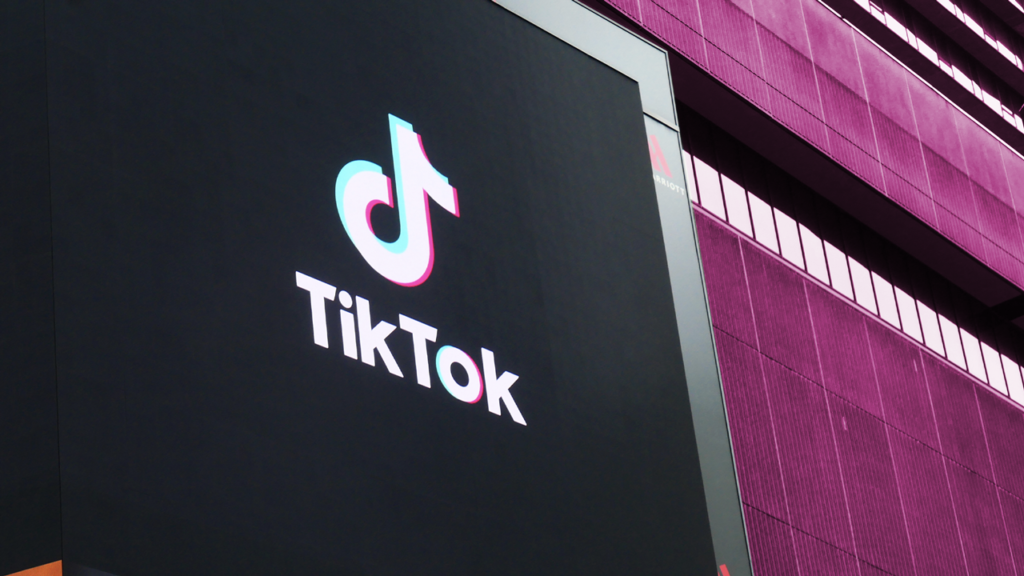This week in social media news, TikTok is reportedly axing the expansion of its live ecommerce initiative, Snapchat launches a paid subscription and Instagram updates its Reels offerings for brands.
TikTok Axes Expansion Of Live Ecommerce After UK Launch Falls Flat
TikTok is dropping its plans to expand TikTok Shop, its live ecommerce initiative, in the US and other parts of Europe, according to the Financial Times and as reported by TechCrunch. After launching it in the UK last year for the first time outside Asia, the venture struggled to gain traction with shoppers and suffered from internal problems.
Why it matters: The change may suggest TikTok prematurely introduced livestream shopping in the UK and that US advertisers may not be able to advertise as hoped on the booming app. Nevertheless, as TikTok scales back its efforts in the US, it’s still doubling down on in-app shopping–it’s currently testing a dedicated Shop feed tab in Indonesia, according to TechCrunch.
The details: TikTok reportedly planned to launch TikTok Shop in France, Germany, Italy and Spain in the first half of this year and then in the US in the second half.
But people familiar with the matter told the Financial Times that the expansion was nixed after influencers dropped out of the project in the UK and that many TikTok Shop livestreams in the UK saw poor sales despite efforts to encourage brands and influencers to sell through the app.
Instagram Adds In-Feed Recommendations, Expands Reels Templates
Instagram has updated and expanded a few of its Reels tools to help brands create more immersive videos and get discovered by users who don’t follow them yet.
Why it matters: According to Instagram, 90 percent of accounts follow at least once business. To help these brands attract users and give them a reason to spend less on TikTok, Instagram continues to expand its Reels offerings. In addition to these new updates, the platform published an in-depth guide that includes best practices for scaling small businesses.
The details: Instagram says it’s testing several new ways to make a full-screen feed front and center. It’s also starting to recommend businesses’ content to people who don’t follow them yet. To do so, it uses a few signals to determine what accounts to display including posts people have previously engaged with, other people they follow and their interactions in the app.
As users spend 20 percent of their time on Instagram viewing Reels, the app is focused on making tools that help create immersive, shareable videos. For example, it’s expanding access to Templates, the function that allows users to borrow from the structure of another Reel and use it as a starting point.
Next, it’s expanding the time limit of Reels to 90 seconds. It’s also launching Audio Import, which allows you to take audio from any video in your camera roll and use it in a Reel.
Lastly, it’s adding stickers–like its poll, emoji slider and quiz–to Reels for more ways to inspire interaction.
Snapchat Launches Subscription With Exclusive, Early Access Features
Snapchat now offers a subscription called Snapchat Plus. Priced a $3.99, it’s tailored toward “the people who spend most of their time communicating with their closest friends on Snap,” the company’s senior vice president of product, Jacob Andreou, told The Verge.
Why it matters: This marks Snap’s first real attempt at bringing in money outside of advertising but Andreou tells The Verge there aren’t expectations for the subscription to become a “material new revenue source.” When asked if the paid tier would one day let people pay to turn off ads in the app, Andreou said that “ads are going to be at the core of our business model for the long term.”
The details: In addition to giving users the ability to unlock exclusive and early access features, Snapchat Plus lets subscribers change the style of the app’s icon, see who rewatched a story and pin one of their friends to the top of a chat history as a “BFF.”
The subscription is being released in Snap’s top markets: the US, Canada, the UK, France, Germany, Australia, New Zealand, Saudi Arabia and the UAE.

